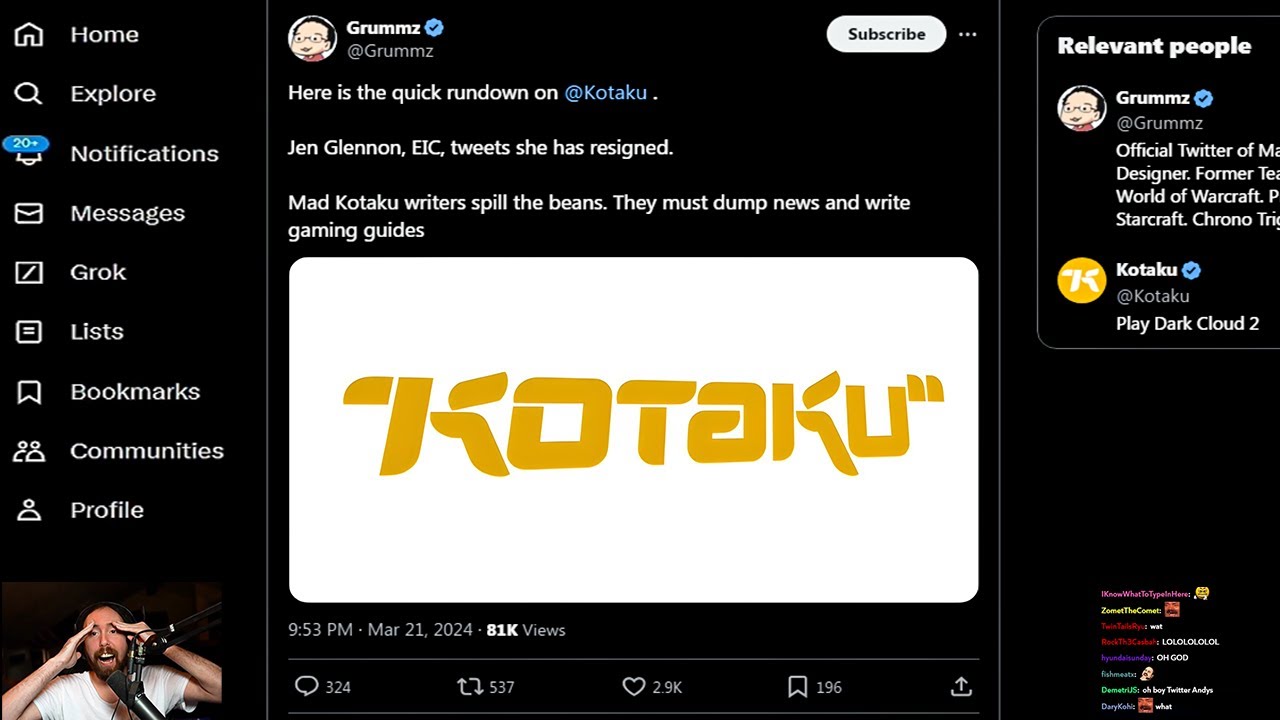The Kotaku Publisher’s Demand for Change: An Overview
Recently, Kotaku’s editor-in-chief Jen Glennon announced her resignation, sparking controversy within the gaming community. The parent company of Kotaku mandated a shift in focus towards game guides, urging the publication to deprioritize news content. This decision comes in the midst of a backlash regarding an article on the Sweet Baby Inc situation, where Kotaku faced criticism for their handling of the incident.
The Backlash and Fallout
The article on the Sweet Baby Inc steam group, which received significant attention, was marred by controversy. Critics accused Kotaku of mishandling the situation by allegedly ignoring harassment claims and making inappropriate remarks. This incident further strained Kotaku’s reputation and led to internal unrest.
The Call for Change
Jen Glennon’s departure and the company’s directive to focus on game guides reflect a larger trend within the gaming industry. The demand for impartial reporting and a shift away from political commentary signals a changing landscape for gaming journalism. While some may view this as a necessary course correction, others see it as a suppression of free expression.

The Future of Kotaku
As Kotaku navigates this turbulent period, questions arise about its future direction and editorial policies. Will the publication regain the trust of its audience through a renewed focus on game-related content, or will it continue to face criticism for its editorial decisions?
In conclusion, while the recent developments at Kotaku have sparked debate and controversy, they also present an opportunity for reflection and growth. By listening to feedback from the community and reevaluating their approach to journalism, Kotaku has the chance to emerge stronger and more focused on delivering quality gaming content. Ultimately, this moment of transition could lead to a positive evolution for the publication and its relationship with gamers worldwide.





















